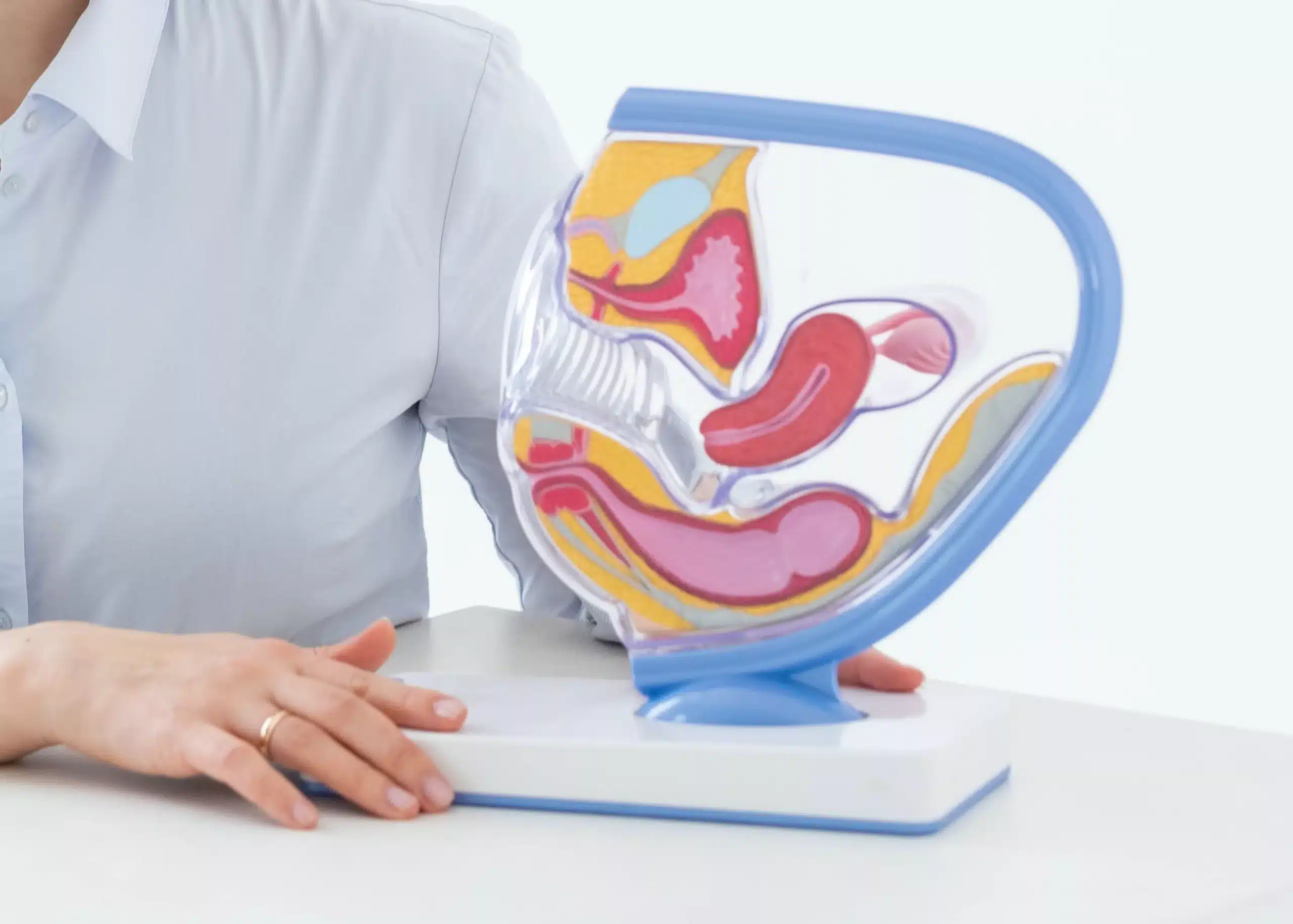Endometriosis is a medical condition that occurs when tissue similar to the lining of the uterus grows in areas outside of the uterus, typically in the pelvic region.
This can cause severe pain, especially in relation to menstruation, sexual intercourse, and when using the bathroom. Endometriosis can also lead to problems with fertility, making it more challenging to get pregnant.
Endometriosis isn’t curable, but treatment can help to make symptoms more manageable, prevent its progression, preserve fertility, and improve overall quality of life for individuals who have the condition.
In this article, we will be highlighting the prominence of endometriosis worldwide, just how many people are searching for information and support online, and how challenging it can be to receive a timely and accurate diagnosis.
Key Facts & Statistics about endometriosis
- 10% of women and girls of reproductive age are affected by endometriosis globally.
- 1 in 10 women or people assigned female at birth in the UK live with the condition.
- It takes an average of 8 years from the onset of symptoms to get a diagnosis, leaving many to experience debilitating symptoms without the necessary treatment.
- Endometriosis sets the UK economy back by £8.2 billion a year due to the costs of treatment, healthcare and loss of work.
- Endometriosis is prevalent in up to 50% of women who experience infertility.
- After fibroids, endometriosis is the second most common gynaecological condition in the UK.
- Endometriosis affects a similar number of people in the UK as diabetes (1.5 million).
- Individuals with endometriosis are 2.5 times more likely to be diagnosed with Irritable Bowel Syndrome (IBS) as well.
What are the symptoms of endometriosis?
Common symptoms of endometriosis include:
- Pelvic pain
- Severe menstrual pain
- Nausea, constipation, diarrhoea, or blood in urine or poo when menstruating
- Heavy bleeding during or between menstrual periods
- Pain during or after sex
- Pain when using the toilet
- Difficulty with fertility
- Fatigue
- Bloating
- Depression or anxiety
How often are people enquiring about endometriosis every month?
According to search data, these related terms receive the following volume of global monthly searches on average:
- “Endometriosis” – 1.5 million monthly searches
- “Endometriosis symptoms” – 205,000 monthly searches
- “What is endometriosis” – 56,000 monthly searches
- “How is endometriosis diagnosed” – 9,400 monthly searches
- “How to diagnose endometriosis” – 8,900 monthly searches
On TikTok, the hashtag #endometriosis has 3.3 billion views.
Why is endometriosis challenging to diagnose?
- Non-specific symptoms: Key symptoms of endometriosis, such as heavy menstrual bleeding, pelvic pain and pain during sexual intercourse, are not specific to the condition and can be identified in a number of gynaecological and gastrointestinal health issues.
- Lack of screening tools and tests: Traditional imaging and testing techniques, such as an ultrasound or MRI, aren’t typically sufficient enough to accurately diagnose endometriosis. However, many of the options proposed have yet to be validated or prove accurate enough to aid the diagnostic process.
- Lack of understanding or education on female health: When those who identify as female raise concerns about their pain, it is more likely to be downplayed or ignored due to a lack of awareness. Menstrual pain is still often misunderstood and normalised in the healthcare industry, seen as a natural part of the female reproductive cycle. As a result, associated symptoms that may indicate that an individual has endometriosis can be easily dismissed and not given the prompt and detailed attention that it requires.
If you have received a delayed or missed diagnosis of endometriosis, you may be able to claim for compensation. Contact Patient Claim Line today and we will assess your negligence claim on a no win no fee basis.
Sources
https://www.who.int/news-room/fact-sheets/detail/endometriosis.
https://www.endometriosis-uk.org/endometriosis-facts-and-figures

